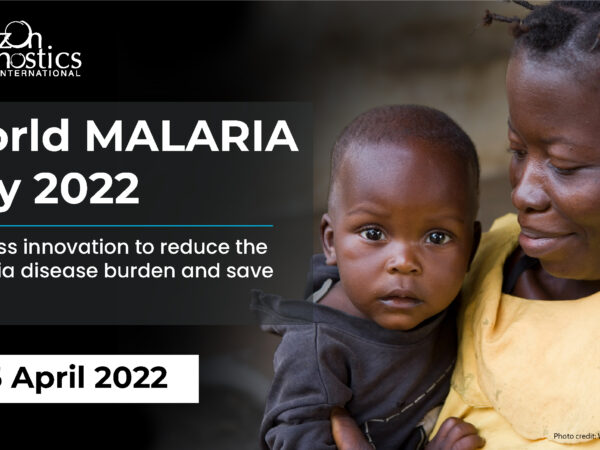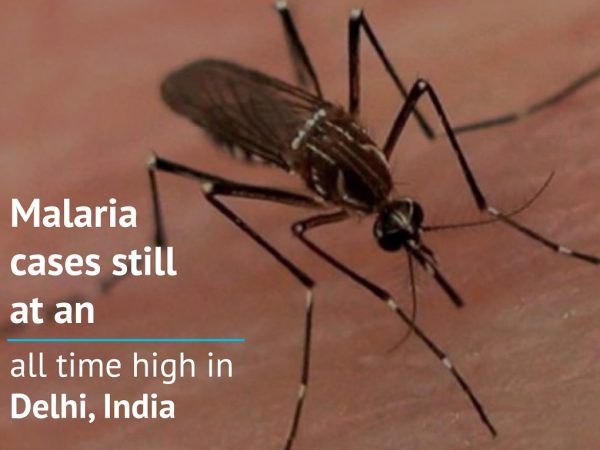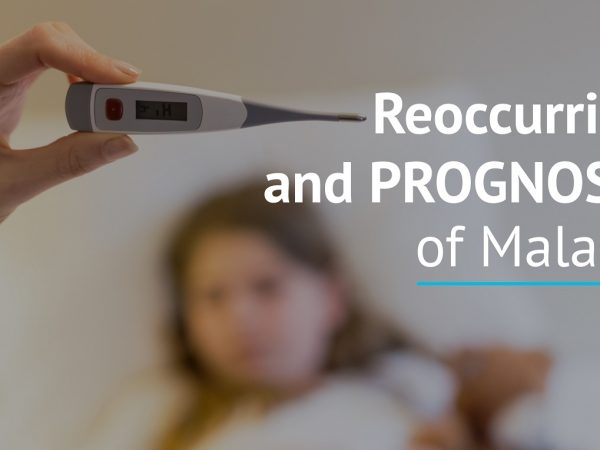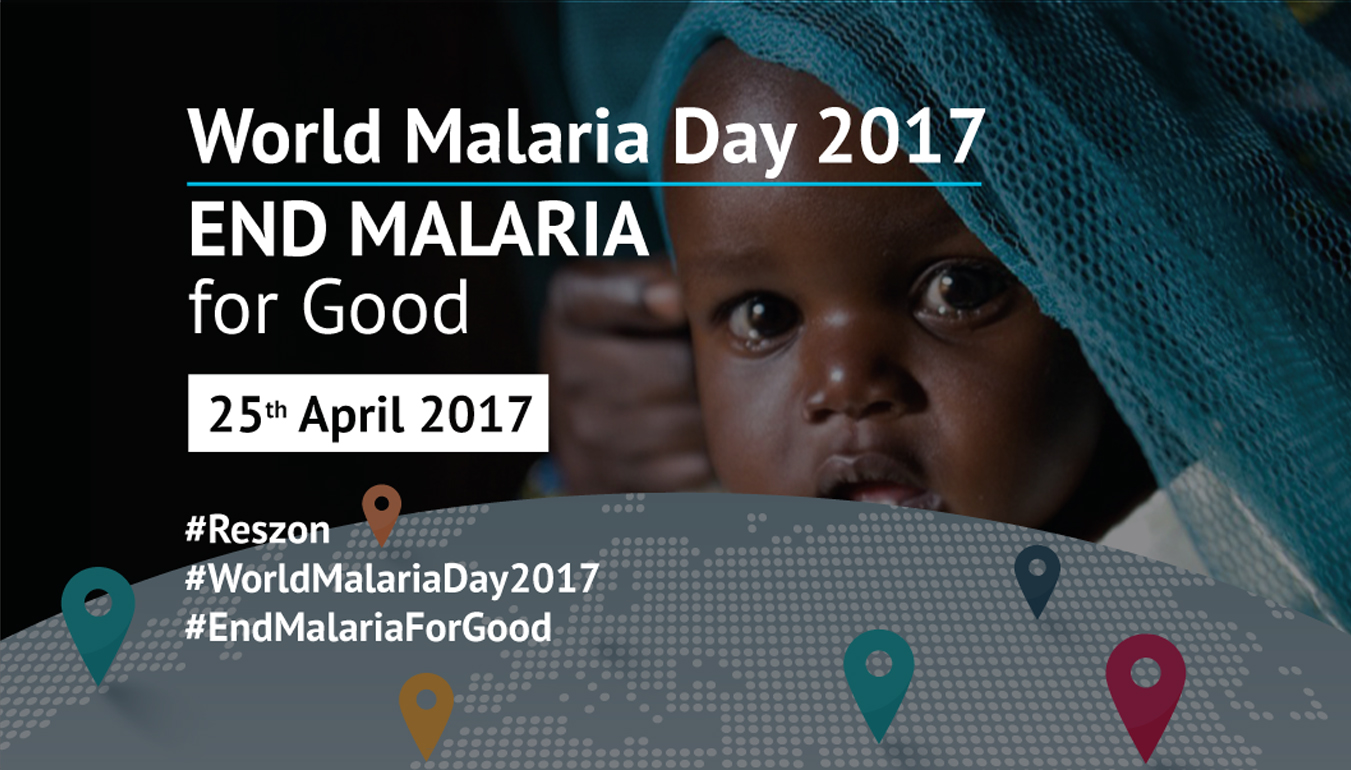
Since 2008, World Malaria Day was established by World Health Organization (WHO) Member States as an occasion held on April 25 to raise awareness on the need for global continual and collaborative effort for malaria prevention and control1. This year’s global theme is “End Malaria for Good” with a key emphasis on malaria prevention tools which were proven to be a powerful and cost-effective strategy in combating the disease that had taken the lives of more than 400,000 people annually2.

- In 2015, there were 212 million new cases of malaria and 429,000 malaria deaths worldwide.
- 70% of the deaths are children under-fives.
- Malaria remains a major killer of children under-fives in the African Region.
- One child dies from malaria every two minutes.
- The African region recorded majority of malarial death at 92%, followed by the South-East Asia Region and the Eastern Mediterranean Region at 6% and 2% respectively.
Malaria is a mosquito-borne disease caused by Plasmodium parasites, which are generally transmitted to people through the bites of infected female Anopheles mosquitoes4. Severe malaria may occur particularly through infections with Plasmodium falciparum and Plasmodium vivax that may consequently result in deaths. As early detection and treatment is one of the key measures to control and eliminate malaria transmission, WHO recommends rapid diagnostic testing (RDT) that is able to swiftly distinguish malarial and non-malarial fevers for more timely and appropriate treatment3.
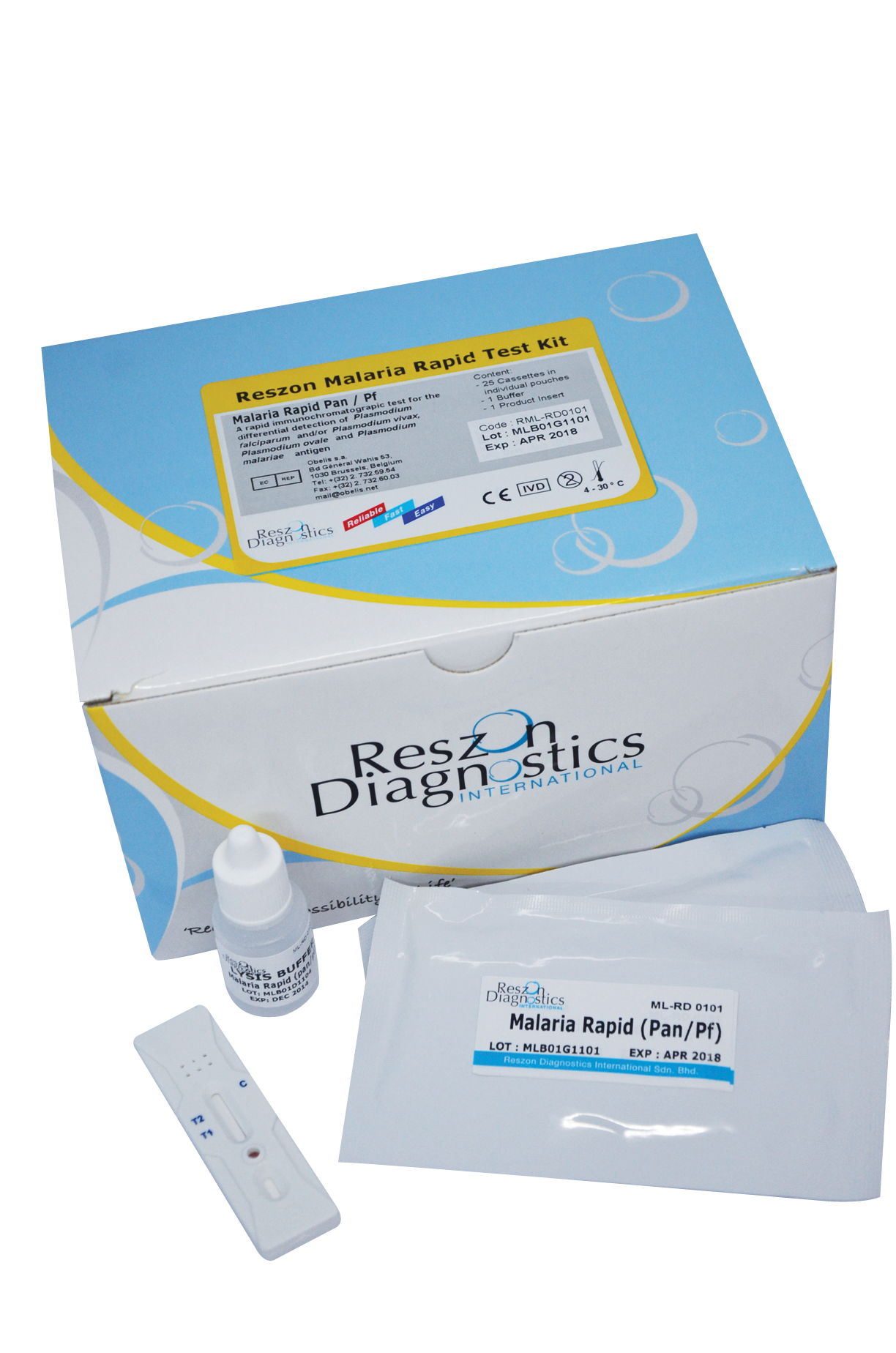
Reszon Malaria Rapid (Pan/Pf) is a rapid diagnostic test uniquely designed for differential detection of Plasmodium falciparum and/or Plasmodium vivax, Plasmodium ovale and Plasmodium malariae antigen in whole blood. With only three simple steps as below, this test provides a quick diagnosis of malaria infections particularly for use in remote areas that are more susceptible to the infections

Together, let’s End Malaria for Good!
References:
- WHO. World Malaria Day. April 2017. Accessed 21 April 2017.
- WHO. World Malaria Day 2017. April 2017. Accessed 21 April 2017.
- WHO. Fact Sheet: World Malaria Report 2016. 13 December 2016. Accessed 21 April 2017.
- WHO. Malaria Fact Sheet. December 2016. Accessed 21 April 2017

